Impossible Foods rebrands plant-based burger to Impossible Beef for Australia launch
After more than a year of planning, the plant-based burger backed by Bill Gates and other Silicon valley heavyweights is arriving in Australia.
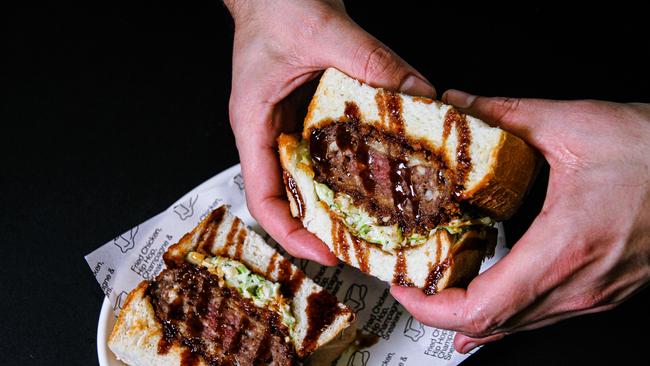
After more than a year in the planning, the plant-based burger backed by Bill Gates and other Silicon valley heavyweights is arriving in Australia.
Impossible Foods is rolling out its Impossible Burger across 150 Australian restaurants, changing its name to Impossible Beef Made From Plants.
The company, founded in 2011 and which flagged its Australian launch last October, boasts that its burger has as much iron and protein as a conventional hamburger, while having zero cholesterol. It also says its plant-based product that is designed to appeal to “meat-centric culinary scenes” will help slash livestock methane emissions, which account for 17 per cent of greenhouse gas emissions globally.
The arrival of the product in Australia coincides with a parallel launch in New Zealand. Impossible Foods president Dennis Woodside said both countries were among the world’s highest meat consumers, alongside the US and Argentina.
“Our launches in Australia and New Zealand are another huge step towards bringing delicious, sustainable options to every market in the world,” Mr Woodside said. “Both countries are home to some of the most devoted meat-eaters on earth, and we know consumers there are going to love Impossible Beef.”
Like almond milk, and other non-dairy milks, plant-based alternatives to animal products have attracted fierce criticism from agricultural groups.
Chair of the Red Meat Advisory Council, John McKillop, said at The Australian’s Global Food Forum in June that plant-based foods branded as meat were like “saying you could have a Ford-based BMW”.
“I think the dairy industry is probably going to have the same problem,” he said.
“I’m very happy to have these products out there, just don’t call it meat.”
Meanwhile, a group of Australian farmers told a senate committee last month that they had received many complaints from consumers reporting they had purchased products labelled as “meat” with pictures of animals on the packaging, only to realise after they arrived home that the product was made entirely from vegetable protein.
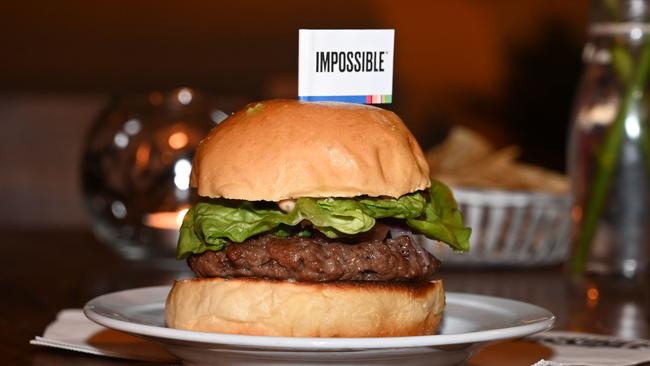
Livestock emissions have been in the spotlight in the lead up to the UN COP26 climate summit in Glasgow, with the Prime Minister Scott Morrison refusing a US and European-backed pledge for a 30 per cent cut in methane emissions by the end of the decade.
The US push for a Global Methane Pledge to be made binding at the COP26 climate change meeting seeks a 30 per cent global reduction in methane emissions on 2020 levels by 2030, with countries expected to meet the same individual commitment.
But the Morrison government will not sign the pledge due to the potential impact on the agriculture sector, chiefly the beef industry, as well as coalmining and LNG production.
But Impossible Foods – backed by Bill Gates, Google Ventures and the Singapore government’s investment arm Temasek – is hoping to appeal directly to Australian stomachs.
Already, the burger is served in about 30,000 restaurants and more than 11,000 grocery stores across America. It is also available in Canada, Singapore, Hong Kong and Macau.
“Impossible Foods’ innovative approach to transforming the global food system via compelling plant-based products has the potential to be a powerful part of Australia’s ambitious goal to achieve net zero emissions by 2050,” the company said in a statement.
“The production of animals for use in food is responsible for up to 17 per cent of greenhouse gas emissions globally, and animal farming destroys vast swathes of natural habitat that would otherwise be vital in removing CO2 emissions from the atmosphere.
“Impossible Beef has a far lower environmental footprint than conventional meat: 96 per cent less land, 87 per cent less water and 89 per cent fewer greenhouse gas emissions compared to beef from cows produced in the US.
“An ISO conforming comparative Life Cycle Assessment commissioned by Impossible Foods to compare Impossible Beef to cows produced in the Australia-NZ region is expected to demonstrate similar environmental benefits.”
Despite criticism from farmers, Australia’s chief science agency, the CSIRO, helped developed a competing plant-based burger, partnering with Competitive Foods and Main Sequence Ventures to found a new start-up company called v2food. The vegan burgers are now available at Hungry Jacks.
“We are carrying out environmental lifecycle assessments to identify continuing areas of improvement to not only develop a nutritious but also sustainable product line to give consumers a wide choice that meets their health and environmental demands,” the CSIRO says on its website.
“Plans are underway to develop a wider range of plant-based protein alternative foods and make these products commercially available in supermarkets and restaurants across Australia.”
Qantas has also embraced vegan diets, offering a suite of options across all cabin classes, with dishes including potato and celeriac gratin with roast fennel, peas, mushrooms and onion sauce; and ratatouille pasta bake with herb crumb, cauliflower and green beans.
The Impossible Beef burger will be available at Grill’d and Sydney restaurant group Butter.
“We’re incredibly passionate about creating healthy, sustainable and — most importantly — delicious burgers, so we’re thrilled to be the first national restaurant group in Australia to add Impossible Beef to our menu,” Grill’d founder and managing director Simon Crowe said.
Meanwhile, Butter co-founder and executive chef Julian Cincotta praised Impossible Foods for seeking to combat carbon emissions.
“We love the way Impossible Foods has approached the problem of climate change by producing plant-based meat that really does taste and function like conventional meat. I‘m excited very much by what I can make with Impossible Beef. It’s such a versatile product that allows me to show my range really well,” Mr Cincotta said.
Butter is now serving an Impossible Cheeseburger and Impossible Classic Burger at its Chatswood and Parramatta restaurants and will be releasing a surprise new Impossible Burger recipe every fortnight. Under Butter’s home-delivery brand Mumma Julian‘s, the team will be offering Impossible Lasagne and an Impossible Meatball Sub for an “indulgent at-home feast, inspired by Julian’s Italian heritage”.



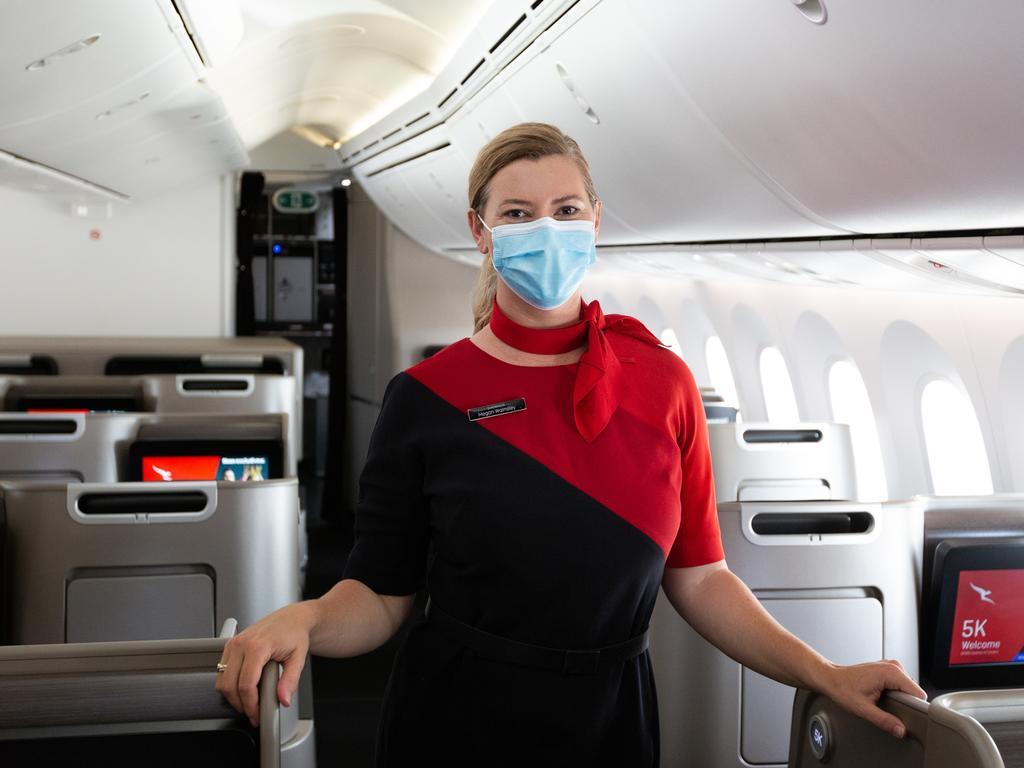
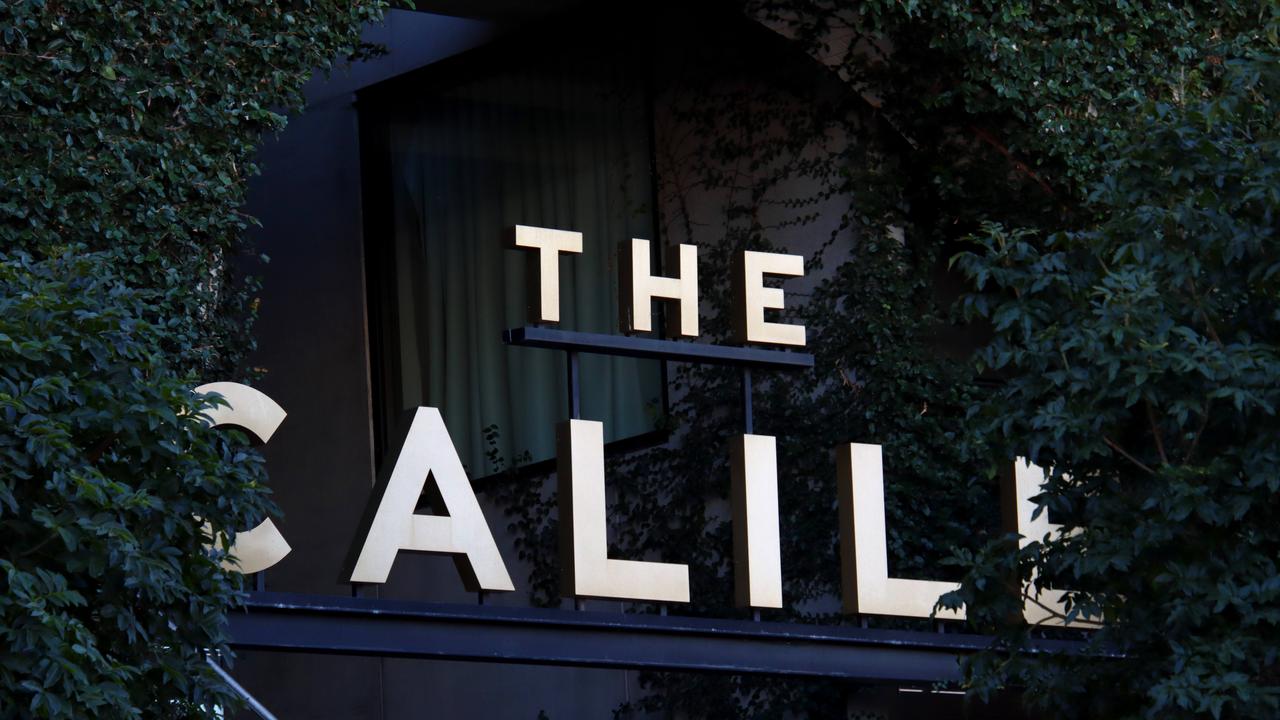
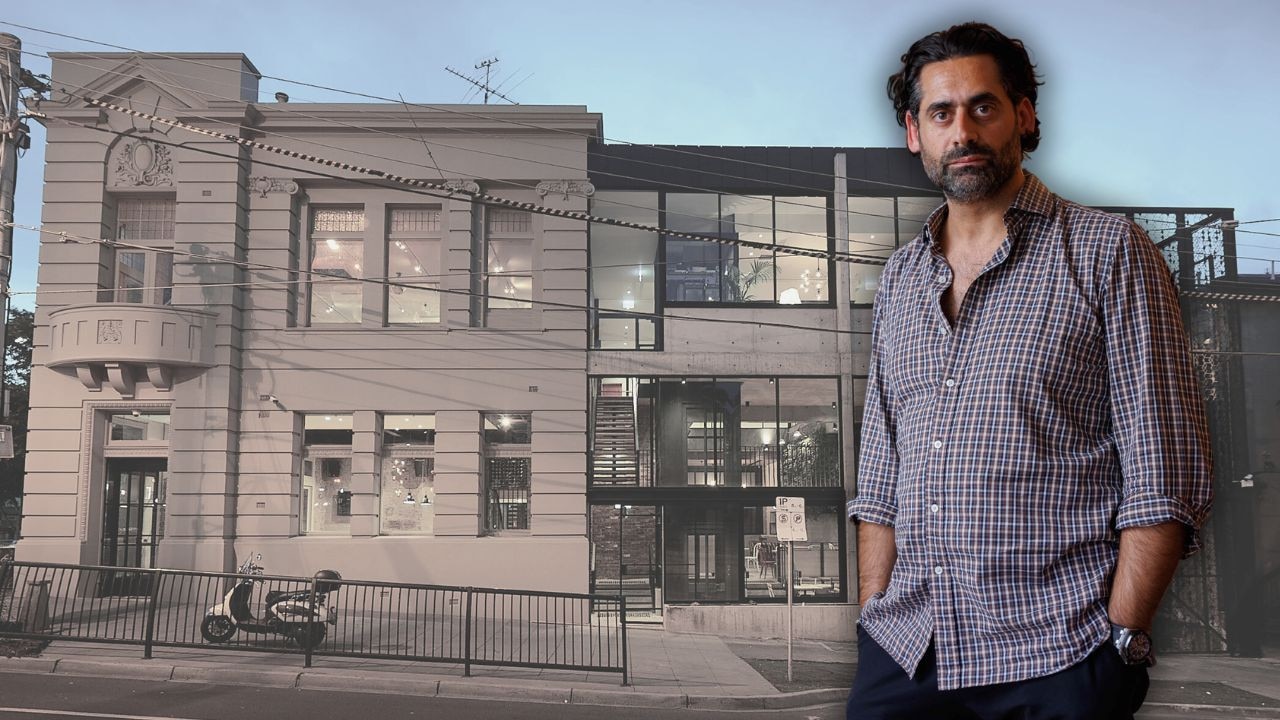
To join the conversation, please log in. Don't have an account? Register
Join the conversation, you are commenting as Logout